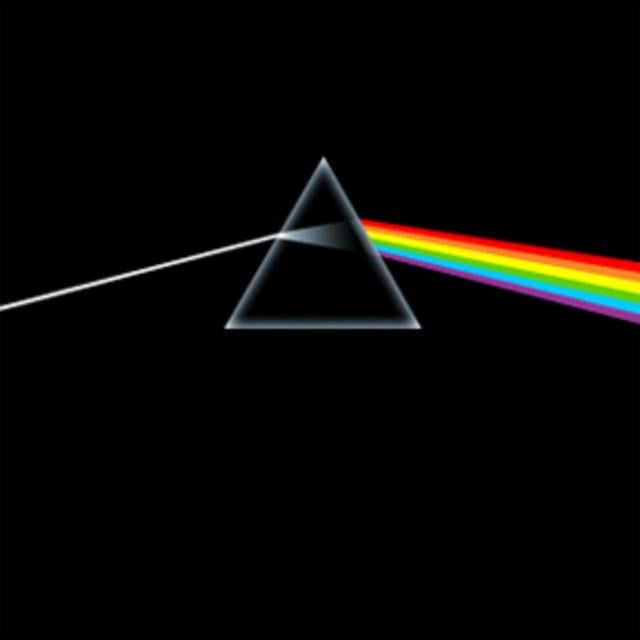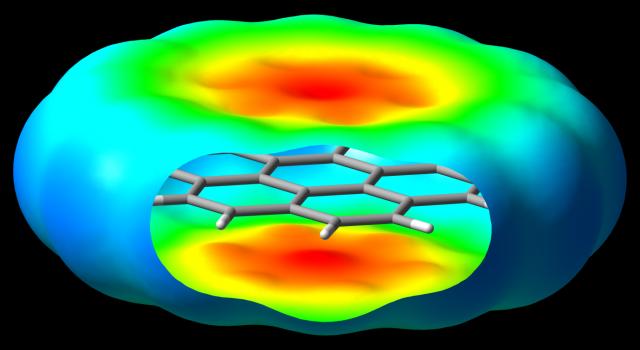Patrick J O'Malley
Patrick O’Malley is a Reader in Physical Chemistry in the School of Chemistry at The University of Manchester. He was born in Mayo, Ireland and received his B.Sc., Higher Diploma in Education and Ph.D degrees from University College Galway. He also received a D.Sc degree from the University of Manchester Institute of Science and Technology in 2002. He has held research posts at Michigan State University and Brookhaven National Laboratory, Long Island, New York. Patrick has taught physical chemistry at undergraduate level for over twenty years and has published a large number of articles on pedagogical innovations. He is a keen proponent of technology enhanced teaching methods and is the Faculty of Engineering and Physical Sciences academic lead for eLearning. He received a University of Manchester Teaching Excellence award in 2010.
Patrick’s research interests are in biophysical chemistry, especially the electron transfer reactions involved in Photosynthesis. He is an international leader in this area and has published over 100 research papers and presented at numerous international conferences. He combines analyses using computational chemistry and high resolution magnetic resonance spectroscopies to probe the underlying rules of electron transfer. He is currently involved in projects aimed at understanding the mechanism of water oxidation in Photosystem II of higher plants with a view to designing an artificial solar catalyst that mimics the natural system.


